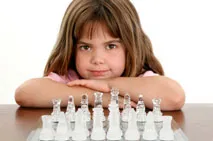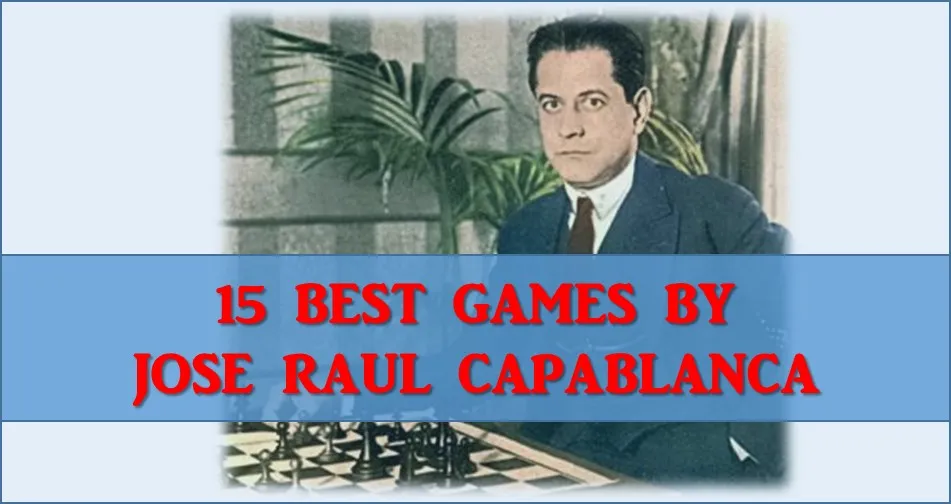Teaching Chess to preschoolers: How to teach a child to play Chess

Is it possible to teach a child to play chess while they’re still in diapers?
Children can learn chess very early, some as early as two-years-old! The key is to teach them at the correct speed for them. It will vary from child to child, so the educator must be alert to the subtle indicators that a child is ready to continue on.
It is important not to thrust all six pieces into your child’s hands, explaining to him or her how they each move in a few minutes, then show them how to set up a chess board and expect them to play.
It’s too much for any young (or old) child to grasp in one sitting.
Instead it is a good idea to break up the lessons, isolating the game into component parts. In Chess Is Child’s Play – Teaching Techniques That Work! we start with the rook and go over it’s movements in great details.
Why start with a rook? Honestly when I first began teaching children I started with the pawn. I quickly realized that this was a mistake. The pawn is one of the most complex pieces, so it should be taught last. The rook’s movements are the easiest to grasp, so it is the best piece to start with.
When I broke down all the aspects of a piece’s movements, I discovered there are many baby steps that can be learned at this phase. It’s much easier to learn these aspects of the game with just one piece on the board.
Why tackle chess at such an early age?
If we all teach children to play chess when they’re four or five, they will be primed for school. Chess teaches children many fundamentals, like problem solving, focus, patience and follow through.
Imagine if every child was equipped with these skills as they entered Kindergarten and first grade. Ideally school would pick up on the trend and include chess in the curriculum. However, even if they didn’t and the children only played at home, he or she would have an advantage over non-chess playing students.
Children are naturally drawn to chess. If they are taught properly (and not rushed through the basics), they can then teach other children (or even adults) to play.
Sometimes parents can be intimidated by the game, because they were taught the rules quickly. These parents sometimes feel that a child must be a genius in order to pick up chess and play a game. This isn’t the case. The fact is that studies have shown that chess helps children become smarter.
Chess Is Child’s Play teaches the parent to play, while teaching them to teach their child. Even a parent who has never seen a chess set can pick up this book and teach their pre-schooler. The fact is that they quickly realize they can play and enjoy the game.
Ready to start winning games? Check out our store and articles:
Laura Sherman and Bill Kilpatrick wrote Chess Is Child’s Play, which teaches any parent, of any skill level, to teach any child, of any age, to play chess. This book is available on amazon.










Comments: